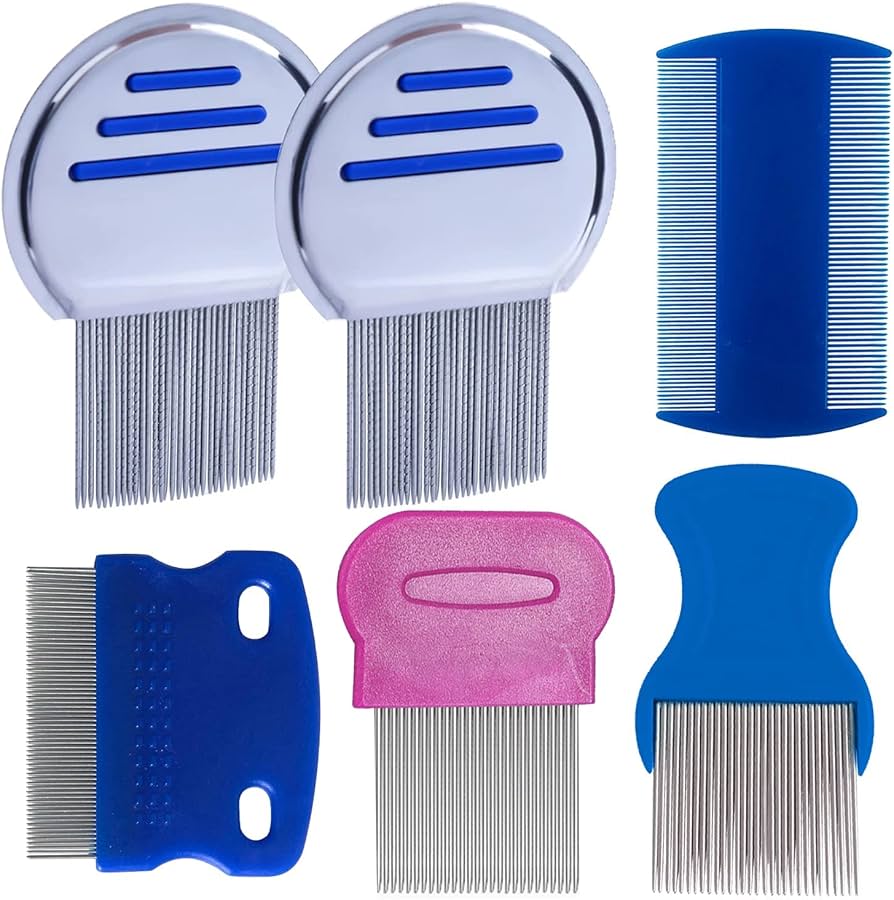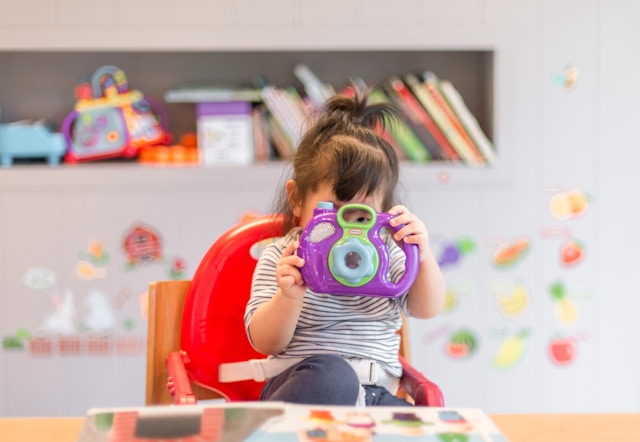Head Lice and Mental Health: Coping With the Stigma
When we think about head lice, it’s easy to overlook the emotional toll that comes with it. Many of us have felt the sting of embarrassment or shame associated with this common issue, which can deeply affect our mental health. It’s essential we acknowledge this stigma and its psychological ramifications, especially for children. As we … Read more











